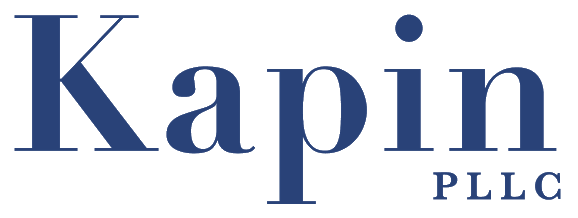Most of the time individual shareholders are shielded from liability under the corporate veil, but with the creation of the alter ego doctrine creditors have some recourse.
What is alter ego liability and how does it work?
Typically, a business is considered a separate legal entity from owners and shareholders, but in one particular scenario, this may be disregarded. The "alter ego" doctrine was developed by the courts as a way to disregard the typical "separate legal entity" distinction.
Owners, partners or shareholders are not usually liable for debts or obligations of their corporations, unless they are using that corporation as a way to scam or defraud creditors. In those particular circumstances, the shareholders may be held liable under the alter ego doctrine.The courts determined that the law should hold individual shareholder's personally liable for a corporation's obligations and debts if it is deemed that the corporation is merely an alter ego for that owner.These cases are extremely nuanced and complex. Consulting with an experienced business litigation attorney is critical to a case's success. To hold corporations or businesses legally responsible, the plaintiffs would have to establish, among others, these two primary factors:A plaintiff must prove that any separation between the individual and the corporation either never existed or ceased to exist and that recognition of a legal separation would result in injustice.An example would be if an owner of a corporation used corporate funds for personal, non-corporate, reasons or purposes.The alter ego doctrine's purpose is to protect creditors who were unjustly defrauded by allowing them to pierce the corporate veil and hold shareholders' liable.
For more information about alter ego liability, send us a message.

